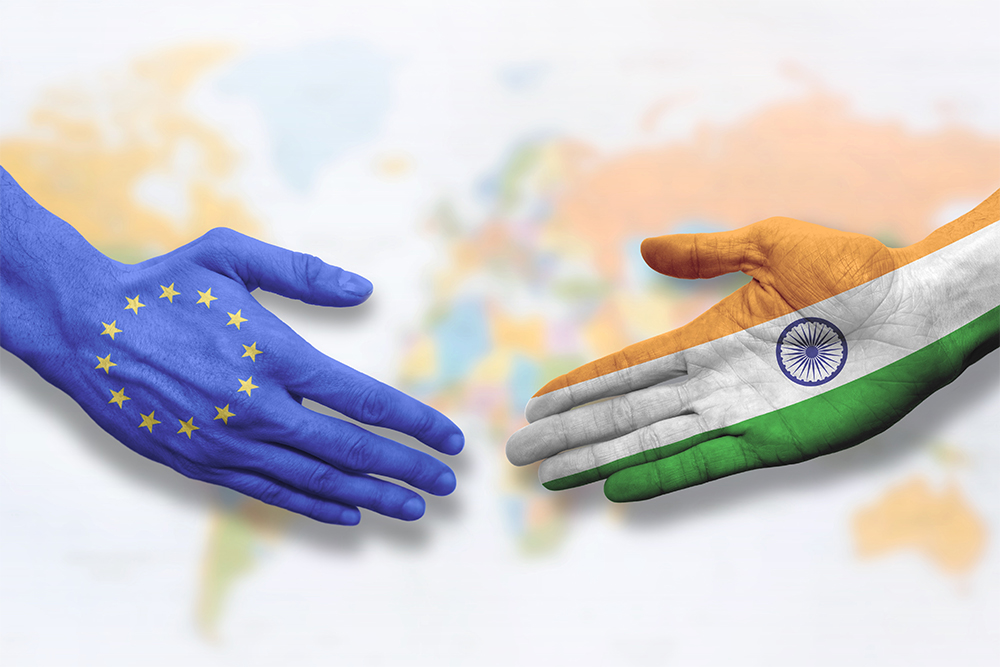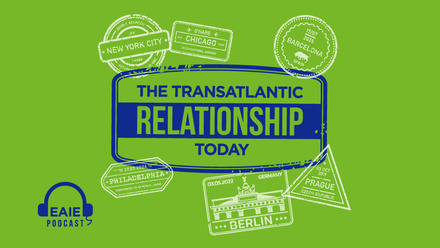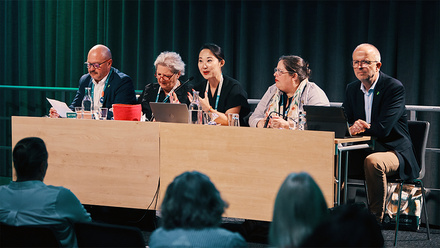The future of EU–India partnerships in higher education

The EU recently launched its Indo-Pacific strategy, which aims to recognise the growing presence of the region in the international order and in addressing global challenges. Among others, the EU places prime focus on India, one of the most significant countries in the region with great influence on the political and economic currents there.
The EU and India share many common ideologies, principles of democracy, freedom, rule of law and respect for human rights, which makes them strong allies in an increasingly multipolar world. In higher education, the Erasmus+ programme of the EU and its successor programmes are a contributing factor to the flourishing EU–India ties in research, innovation and higher education. Recent data from the International Consultants for Education and Fairs reveals that the number of Indian students studying abroad is projected to more than double compared to the 2019 total, reaching up to 1.8 million outbound students. India’s Ministry of External Affairs revealed that more than 600,000 Indians were enrolled in European higher education institutions as of July 2021. There is a huge window of opportunity here – so, what does it hold for the future of Europe-India partnerships in higher education?
India’s new education policy
The NEP has covered several facets of internationalisation in higher education, which will enable India in positioning itself as ‘Vishwa Guru’ or the universal teacher. Some of the big-ticket items in the policy that are directly relevant to European higher education institutions (HEIs) include: a green light for dual degrees (where both universities award a degree in the same subject), joint and twinning programmes (where a part of the programme is completed overseas, with an upper limit of 30% in twinning programmes and the lower limit being 30% in joint degree programmes); the opening up of satellite campuses abroad by Indian institutions, which must have a minimum National Assessment and Accreditation Council score of 3.01, figure in the top 100 in the university category of National Institutional Ranking Framework, or be in the top 1000 of Times Higher Education or QS World University rankings; and allowing top-ranked foreign universities (those which feature in the top 1000 of Times Higher Education or QS World University rankings) to set up campuses in India. Some universities have already begun steps to bring these innovative collaborations to life and have piqued interest amongst those who were not considering India on their strategic map earlier.
Internationalisation in higher education will enable India in positioning itself as ‘Vishwa Guru’ or the universal teacher
The NEP also promotes offering to the world programmes in India’s strong suits: yoga, spirituality, religion studies, Indology, Indian languages, AYUSH systems of medicine, arts, music, history, culture and modern India etc, which will be curated as unique programmes offered by Indian institutions.
Taking into account the fact that the majority of Indian students are not able to pursue studies abroad as part of their degree programmes in India, there is also an extensive focus on promoting Internationalisation at Home through the formal and informal curriculum in Indian HEIs. This has also led to a spike in Collaborative Online International Learning offerings amongst Indian HEIs.
Furthermore, the setting up of the National Research Foundation as an independent body for furthering research across various disciplines has been a move applauded by all. A single regulator and investment in world-class research will enable India to work collaboratively with European and other international institutions for producing high-quality research that helps address societal and global challenges. de, proper and careful scaffolding of traineeships abroad is a relevant success factor for students’ skills gain in any case, but even more so in a virtual environment. Our upcoming EAIE Online Academy course on ‘Designing learning outcomes for traineeships abroad’ will dive deeper into this important topic on 11 and 13 May; be sure to join us to share experiences with peers and learn more about designing high-impact traineeships abroad in the current environment.
Implications for European HEIs
European institutions which are supported by initiatives like Erasmus+, Horizon 2020 etc have contributed to the most fruitful collaborations with Indian institutions. Presently, France is the only European country that has mutual recognition of academic qualifications with India. Tangentially, the recent UK-India Enhanced Trade Partnership (ETP) framework recognises the UK’s A-levels and their equivalents, as well as undergraduate and postgraduate degrees, in India, and entails reciprocal recognition for India’s Bachelor’s degrees (but does not apply to professional degrees including engineering, medicine, nursing, law and architecture, among others). The ETP and the mutual recognition framework with France have paved the way for other European countries to enter into such arrangements, recognising and strengthening the relationship between India and the EU member states.
Presently, France is the only European country that has mutual recognition of academic qualifications with India
In addition, the nod given on dual, joint and twinning programmes and establishment of transnational branch campuses through the NEP, will enable European HEIs to expand their footprint in the second largest and one of the fastest-growing economies in the world. For students from Europe or India, realising this move will allow holistic development along with social cohesion and cultural exchanges. The University Grants Commission’s guidelines and updates on internationalisation of Indian higher education is a useful resource for European HEIs watching the developments on this front in India. Besides this, India’s Ministry of Education regularly updates its policies and sends out public notices that will help European HEIs to get a better grip on the developments to further plan their entry strategy.
Moving forward
Implementing a mutual qualifications framework with India in more EU countries will do much to open doors for the flow of students to and from both regions. The UK–India memorandum of understanding introducing the ETP is quite a monumental step in ensuring the flow of education and skill development is seamless between both nations. Europe is one of the biggest collaborators for mutual knowledge exchange and research for India. India’s NEP has opened doors for foreign institutions and given them an open invitation to innovate. The time is ripe for European institutions to leverage the benefits of these new policies and create a world-class educational framework that contributes to the knowledge economies of both India and Europe.






